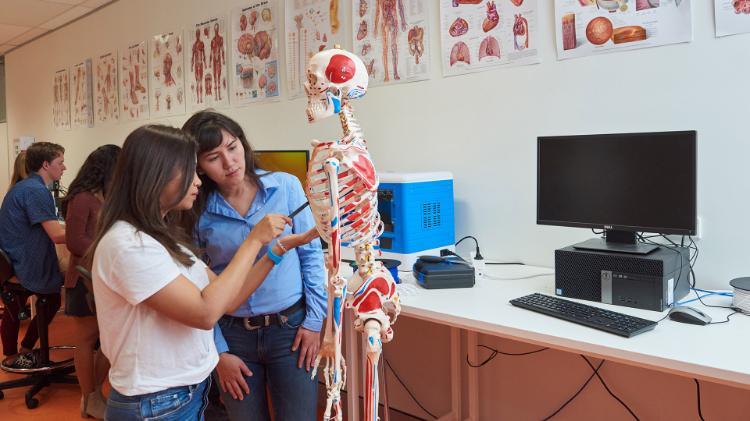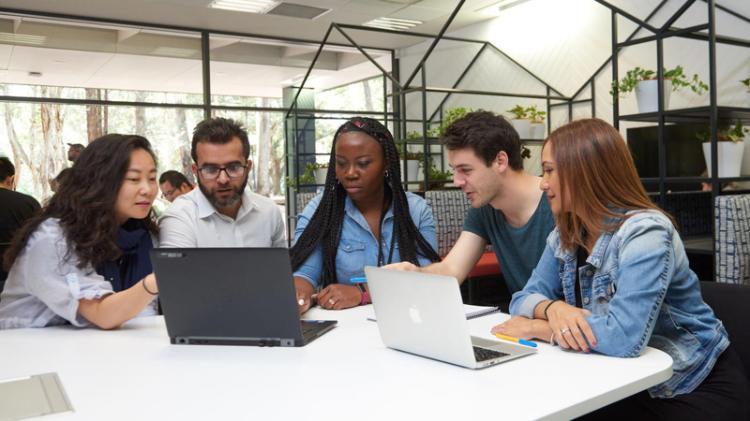What is copyright? It’s one of many intellectual property (IP) rights under Australian (and international) law.
It mandates certain rights and protections for owners and users of copyright material, meaning original works that include literary (text-based) material, artworks, music, drama, film and sound recordings.
It grants copyright owners exclusive rights over certain uses of their material, but it also provides specific exceptions that allow educational institutions - their staff, students, and researchers - to copy and communicate some copyright material.
Always remember:
1. If you copy somebody else’s work, you are a copyright end user.
2. It’s essential you know the limits and conditions that apply.
3. Copyright owners may take legal action against you if you copy more than the allowed amount.
The information provided here is guidance only and is not legal advice. It should not be relied upon as such.
This guidance is informed by the UOW Copyright Policy.



